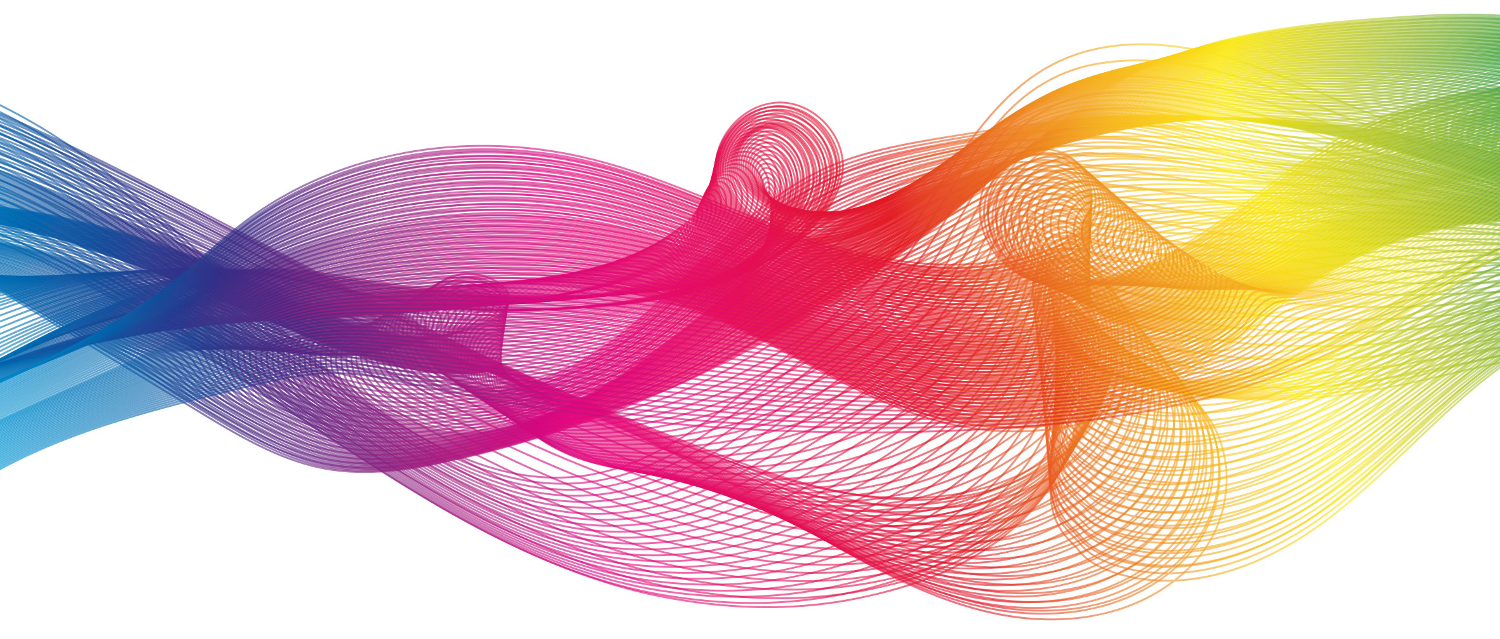THE TWO KOFI MEMBERS ANDREAS HEPP AND WIEBKE LOOSEN publish a research article on the conceptualisation of the role of pioneer journalists and pioneer communities in the organisational refiguration of journalism..
The essay was published in the academic journal “Journalism”. Recent journalism research often argues that it is high time that we moved beyond the newsroom and begin asking who it is that is stimulating transformation and not what it is, as individual journalists, entrepreneurs, technology firms, and startups assume an increasingly critical role in the development of the field. This article introduces the concept of ‘pioneer journalism’ to provide just such an analysis across different organizational contexts. Pioneer journalism is understood as a particular group of journalists that incorporates new organizational forms and experimental practice in pursuit of redefining the field and its structural foundations. To introduce this concept, the article argues along three stages. First, it develops a theoretical basis on which to pin our understanding of pioneering practice by reviewing previous research into journalism’s transformation beyond the newsroom. Second, it extends the theoretical discussion into the empirical realm by looking at five extreme cases of pioneer journalists through an explorative interview analysis. Third, and to conclude, an integrated concept of pioneer journalism is outlined as a point of departure from which to further consider journalism’s re-figuration more generally.
The essay is available free of charge in full here.
THE TWO KOFI MEMBERS ANDREAS HEPP AND WIEBKE LOOSEN ARE REPRESENTED WITH A CONTRIBUTION IN THE PROCEEDINGS TO THE ANNUAL CONFERENCE OF THE JOURNALISM/JOURNALISM RESEARCH SECTION OF THE DGPUK 2019.
In the paper, titled (in German) “Neujustierung holistisch gedacht — und gemacht: Feldbeobachtung, Forschungspraxis, Theorieentwicklung in der Journalismusforschung”, Hepp and Loosen address the impact of deep mediatization on journalism research. From the abstract:
“Journalism, just like journalism research, is confronted with trends related to the processes of deep mediatization: the increasing differentiation, connectivity, and omnipresence of digital media, the rapid pace of innovation, and the seemingly unstoppable rise of the datafication of everyday life. In the course of these developments, journalism research has had to broaden its scope over the years, particularly in terms of the actors, practices and types of organization that are affected by present conditions. Both theoretically and practically, journalism research has opened up to other disciplines and methods and at the same time has been “discovered” by those other disciplines. Against this background and based on examples from our joint research, we argue that a readjustment of journalism research should be combined with a holistic perspective: in field observation, research practice and theory development”
The paper is available in the Social Science Open Access Repository here.
THE TWO KOFI-MEMBERS WIEBKE LOOSEN AND ANDREAS HEPP, with the help of many other members of the research network, share their experiences with conferences in times of corona.
The current issue of Aviso contains a special section on the topic of research in times of Corona. For this, members of the KoFi research network have shared their experiences in dealing with conferences such as ICA 2020 – both as audience and speakers.
You can find the issue of Aviso here.
THE TWO KOFI-MEMBERS ANDREAS HEPP AND WIEBKE LOOSEN WILL GIVE A LECTURE ON THE TOPIC OF COMMUNICATIVE ROBOTS AT THE 40TH CONGRESS OF THE GERMAN SOCIETY FOR SOCIOLOGY UNDER THE MOTTO “SOCIETY UNDER TENSION”.
The lecture with the title “Communicative Robots: Automated Communication, Entanglement and Agency” is part of a panel on how digitization challenges concepts of actors and communication. It will take place on Thursday, 17.09.2020 between 13:30 and 16:30.
Due to the Covid-19 situation the congress will be held entirely digitally via the software Zoom. Further information as well as the entire conference program can be found on the congress homepage at www.kongress2020.soziologie.de.
THE CONTRIBUTION WAS PUBLISHED ON THE OPEN PLATFORM F1000RESEARCH AND AIMS TO DESCRIBE THE ENVIRONMENT FOR THE DEVELOPMENT OF SUSTAINABLE RESEARCH SOFTWARE IN GERMANY, TO IDENTIFY CHALLENGES AND TO DISCLOSE THE NEED FOR ACTION.
From the abstract:
Research software has become a central asset in academic research. It optimizes existing and enables new research methods, implements and embeds research knowledge, and constitutes an essential research product in itself. Research software must be sustainable in order to understand, replicate, reproduce, and build upon existing research or conduct new research effectively. In other words, software must be available, discoverable, usable, and adaptable to new needs, both now and in the future. Research software therefore requires an environment that supports sustainability.
In this paper, we identify challenges for research software sustainability in Germany and beyond, in terms of motivation, selection, research software engineering personnel, funding, infrastructure, and legal aspects.
This paper is the outcome of two workshops run in Germany in 2019, at deRSE19 – the first International Conference of Research Software Engineers in Germany – and a dedicated DFG-supported follow-up workshop in Berlin.
The article is available online at: https://doi.org/10.12688/F1000RESEARCH.23224.1
